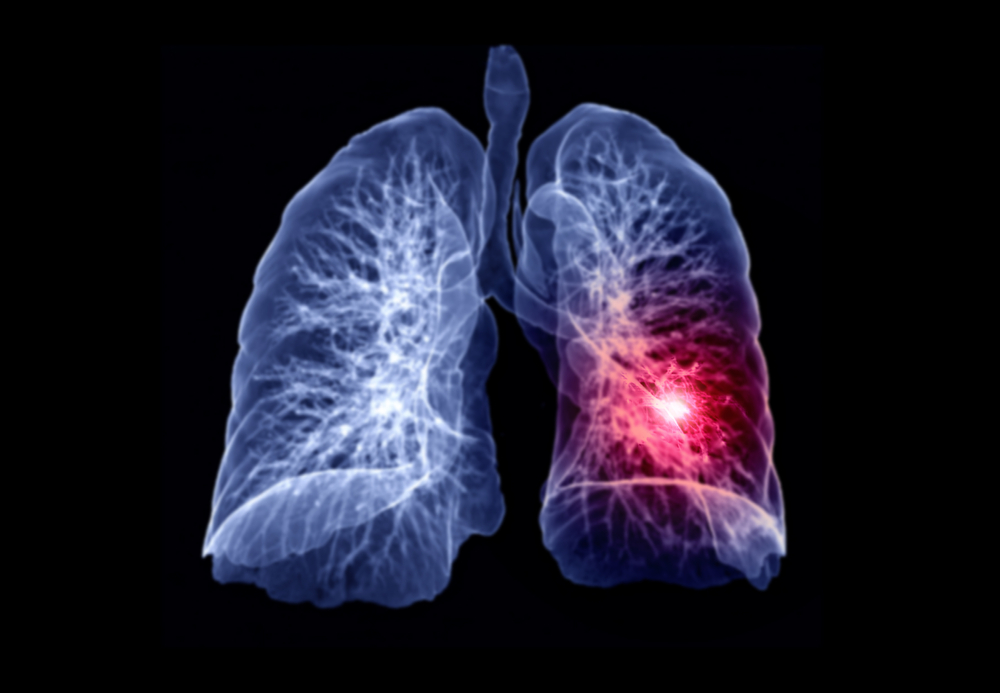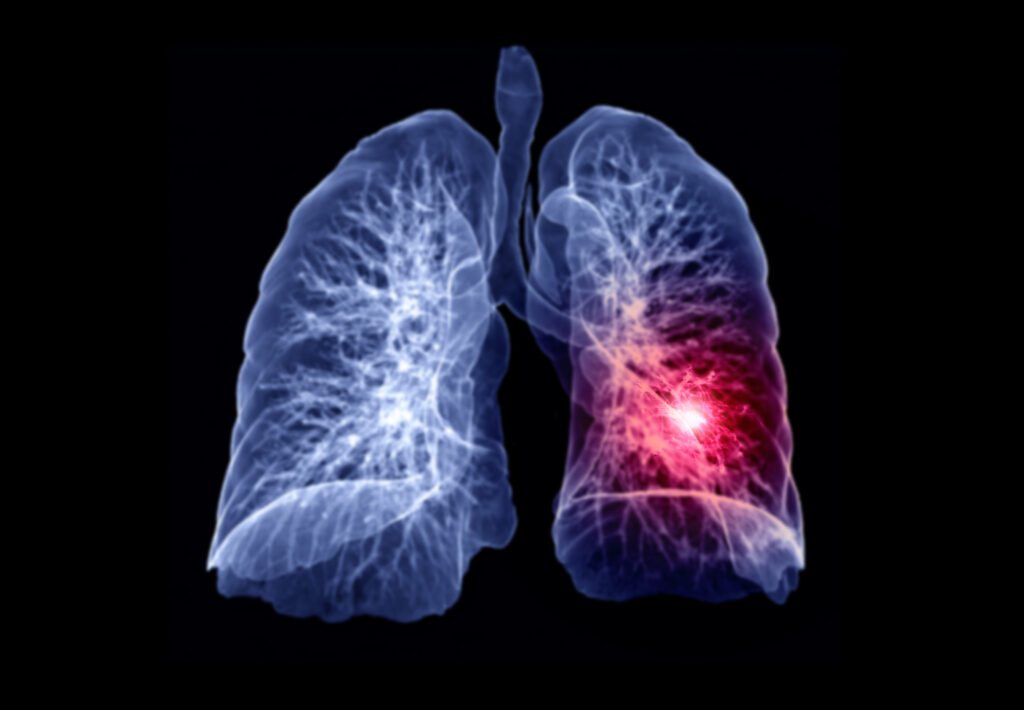Search results for: CT SCAN
Artificial Intelligence Can Aid Early Detection of Malignant Liver Tumors
Early detection of malignant liver tumors is crucial for improving a patient’s prognosis. The most common malignant liver tumor is hepatocellular carcinoma, which is often diagnosed too late because of the difficulty in distinguishing between it and other liver conditions. It’s often said that “time is liver” – delay in identifying and treating hepatocellular carcinoma…
Read MoreImaging Study Confirms COVID Infections Milder in Vaccinated Individuals
Compelling new research, confirmed by imaging and clinical characteristics, confirm that breakthrough COVID-19 infections are less severe in vaccinated individuals. Research, led by Dr. Jong Eun Lee of Chonnam National University Hospital in Dong-gu, Gwangju, South Korea, was published February 1 in Radiology. The study supports other evidence that vaccines reduce the severity of COVID-19…
Read MoreStudy Shows CT Screening Reduces Lung Cancer Deaths
Recent research published in JAMA Network Open confirms that CT lung cancer scanning reduces lung cancer deaths. A retrospective study examined the records of 312,382 patients from the SEER program diagnosed with non-small cell lung cancer who received CT lung scans between 2006 and 2016. The study confirmed that patients with early-stage disease experience improved…
Read MorePET Scans Help Decisions In ER And Breast Cancer
A study has found 100% accuracy for subsequent outcomes with hormonal therapy A small prospective study showed that PET imaging of the progesterone receptor (PgR) response to an estradiol challenge the usual predicted breast cancer response to hormonal therapy. PET with a progestin-analog tracer showed increased PgR levels, indicative of functional estrogen receptors (ERs), in…
Read MoreNew Research Says CT Radiomics Can Help Predict Tumor Behavior
Researchers from the H. Lee Moffitt Cancer Center and Research Institute in Tampa, FL, have found strong evidence that CT radiomics features can help predict tumor behavior in screening-detected lung cancer. PET/CT radiomics have also shown possibility to non-small cell lung cancer (NSCLC) treatment decisions. Two CT radiomics features and a tumor volume doubling time…
Read More



